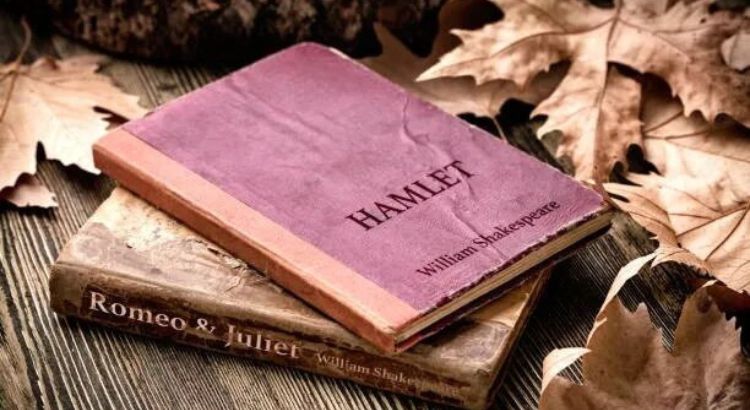
Literature has always played a special role in capturing human expression. It is a mirror that reflects the essence of our being, encompassing our beliefs, values, and experiences. Literature transcends time and culture, giving it a global language that binds people worldwide.
If you’re eager to embark on a literary voyage through the ages and across cultures, “The Library of Humanity” is your ticket to a world of transformative books. This literary masterpiece comprehensively discusses the most influential books in human history, spanning various ages and cultures to enlighten, challenge, and inspire readers across diverse backgrounds and beliefs.
The Dawn of Storytelling
Our journey through the essence of literature begins with the oldest form of storytelling — oral traditions. Long before the written word, our ancestors shared their wisdom, history, and imagination through spoken word. These tales passed down through generations, served as both entertainment and education.
In cultures worldwide, oral traditions were the cornerstone of societal bonds; from the epic poems of ancient Greece, such as Homer’s “Iliad” and “Odyssey,” to the indigenous legends of the Americas, oral literature bound communities together. These stories served as living records of cultural identity.
The Birth of Written Literature
As human civilization advanced, so did the means of preserving stories and knowledge. The transition from oral to written literature marked a significant turning point. Early writing systems, including Egyptian hieroglyphs and Sumerian cuneiform, helped communities to preserve their stories and ideas in a more tangible form.
The Gutenberg Press, invented in the 15th century, ushered in a new age, democratizing access to literature. Books became more widely available, and ideas traveled quickly. Literature was no longer restricted to the upper crust; it had become a part of daily life.
The Literary Renaissance
The European Renaissance was a period of remarkable creativity and cultural resurgence. Literary figures like William Shakespeare, Miguel de Cervantes, and Geoffrey Chaucer emerged during this period. Simultaneously, people started considering novels as a literary form while poetry and theatre flourished.
With the advent of printing and expanding trade routes, literature began to transcend national borders. The works of these renowned authors traveled far and wide, influencing not only their contemporaries but also future generations.
Literature Beyond Borders
What makes literature so remarkable is how it transports us to other worlds and views. It plunges us into the hearts and minds of individuals worldwide, allowing us to step into someone else’s shoes and truly feel what they feel — their happiness, their challenges, and the way they perceive the world — via literature. It’s like traveling across a vast and vibrant panorama of human experiences. We can travel the Middle East through Rumi’s spiritual poetry or become lost in Gabriel García Maquez’s enthralling stories of Latin America.
Global Literary Movements
Literary movements, including Romanticism, Realism, and the Harlem Renaissance, influenced how we communicate and comprehend stories. These movements represent not just the aesthetic choices of the time but also that era’s social and cultural background.
Romanticism celebrated the individual’s emotions and imagination, while Realism focused on depicting everyday life with unflinching accuracy. Intertwined with social norms, these literary movements influence how we perceive the world around us.
Literature in Modern Times: A Digital Revolution
Throughout the ages, the essence of literature has persisted, linking people across time and culture. It acts as a mirror, reflecting our shared history, values, and dreams. Its enduring strength lies in its capacity to eliminate gaps and foster collaboration.
As we navigate this ever-changing world of literature, it’s crucial to safeguard and celebrate diverse voices, ensuring human experiences remain vibrant and varied. So, let’s embrace the boundless potential of literature and allow the journey to persist with “The Library of Humanity: The Most Influential Books of all Time” by Chiaretto Calò. This literary masterpiece, authored by Chiaretto Calò, a renowned expert in philosophy and literature, exceeds traditional boundaries by offering readers a curated selection of the most impactful and transformative literary works in human history. Calò’s book provides summaries and synopses of over 300 works spanning diverse genres and cultures.
From the epic tales of ancient civilizations to contemporary classics, “The Library of Humanity” is an invaluable resource for literary enthusiasts, educators, students, and anyone seeking to explore the profound world of literature.




